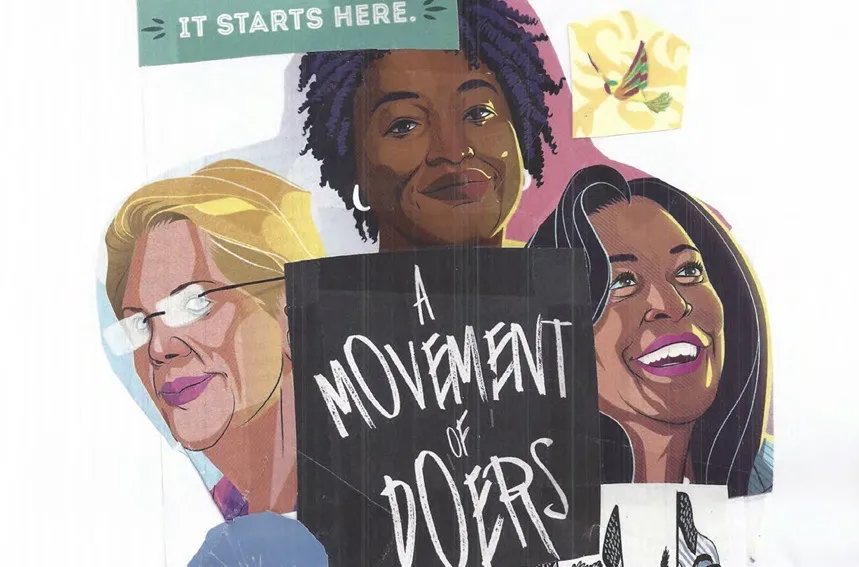Anti-Slavery, Quakers, and the Underground Railroad
The earliest anti-slavery organizations in America and Britain consisted primarily of members of the Society of Friends and much of the record of the development of anti-slavery thought and actions is embedded in Quaker-produced records and documents. Records at FHL illuminate the origins of the anti-slavery movement and continued Quaker involvement in the leadership and direction of the abolitionist movement from the 1770s to the abolition of slavery in the United States in 1865, and beyond.
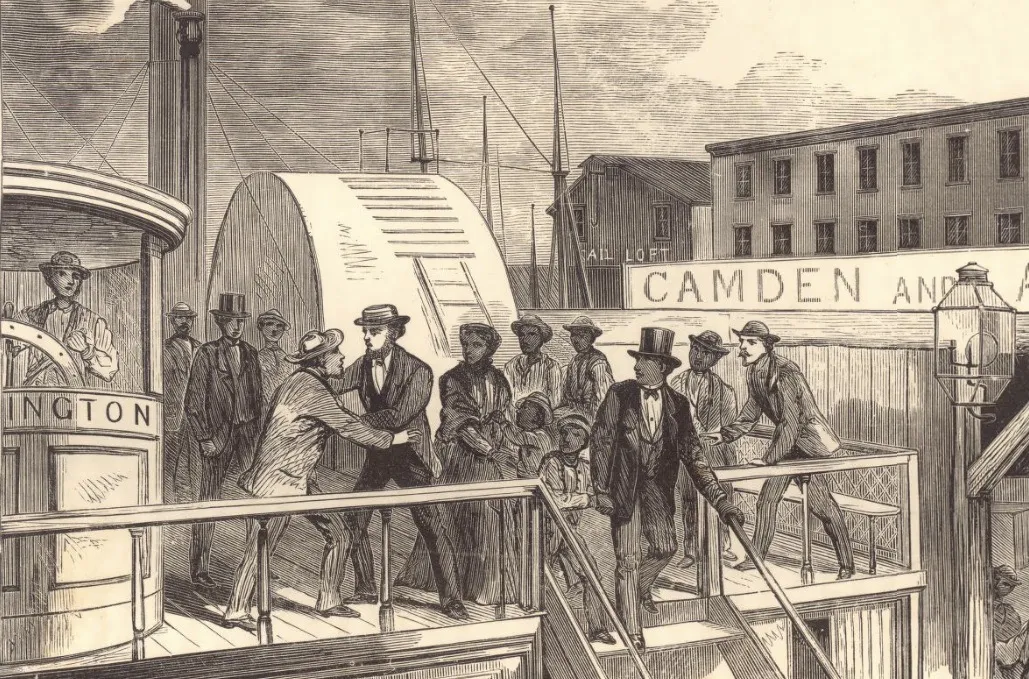
Family Papers + Organizational Records
The majority of our holdings are Quaker Family Papers and Organizational Records. Use the links, below, to access finding aids for our collections.
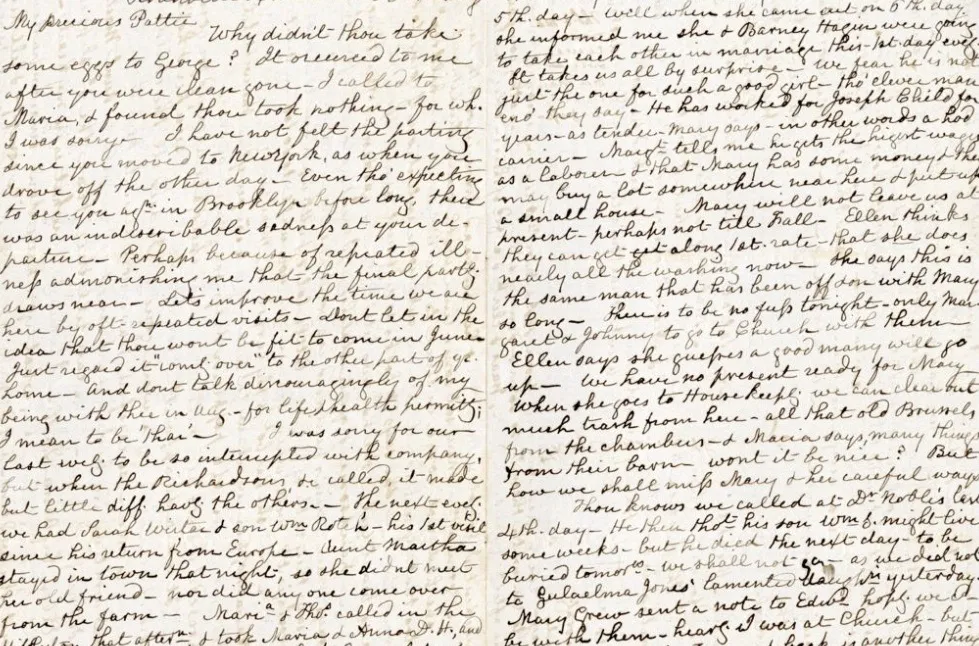
Indigenous History through Quaker Records
Quaker records document extensive interaction between members of the Society of Friends and Native Americans. Beyond Penn's Treaty is a digital project bringing together linked and annotated versions of Quaker documents and diaries, while the 2nd link provides access to the digitized documents themselves.
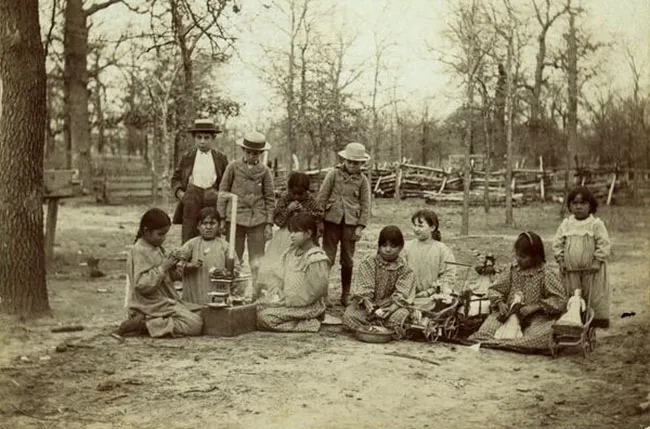
Personal Diaries and Journals Online
Some of the personal diaries, correspondence, and photographs from our collections have been digitized and/or transcribed for ease of use.
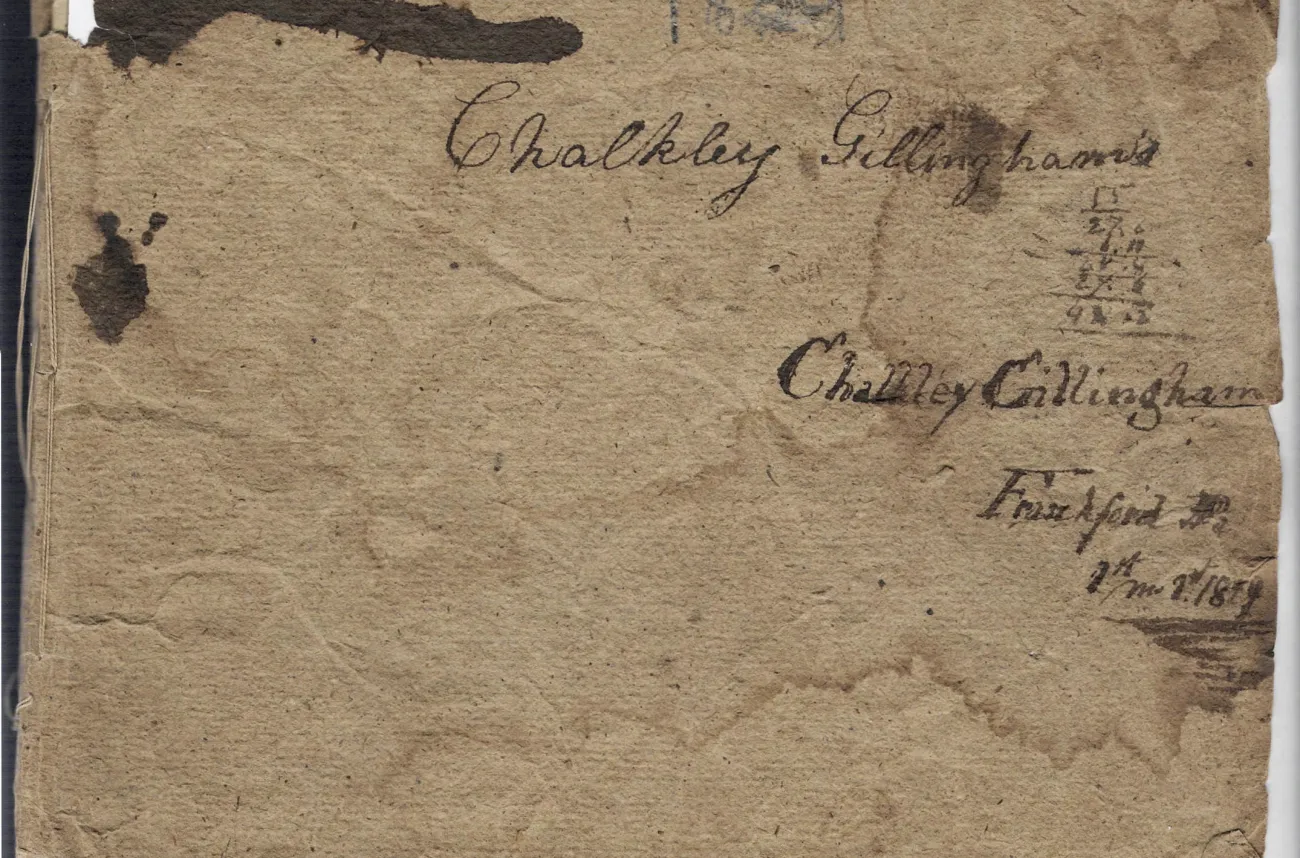
Quaker Meetings + Meeting Records
Friends Historical Library is an official depository for the records of many North American yearly meetings of the Society of Friends and holds over 3700 linear feet of original archives including membership books, minutes, and other original records. The Library also holds over 2500 reels of microfilm of Friends' records from Canada, the United States, Britain, and Ireland.

Women's Activism
The 19th Amendment to the US Constitution, granting women the right to vote, did not happen in a vacuum. It was the culmination of years of activism by women in a variety of spheres. Quaker women were a prominent presence in women's rights work and Swarthmore College is a vital link in the network documenting the history of the women's rights movement.
